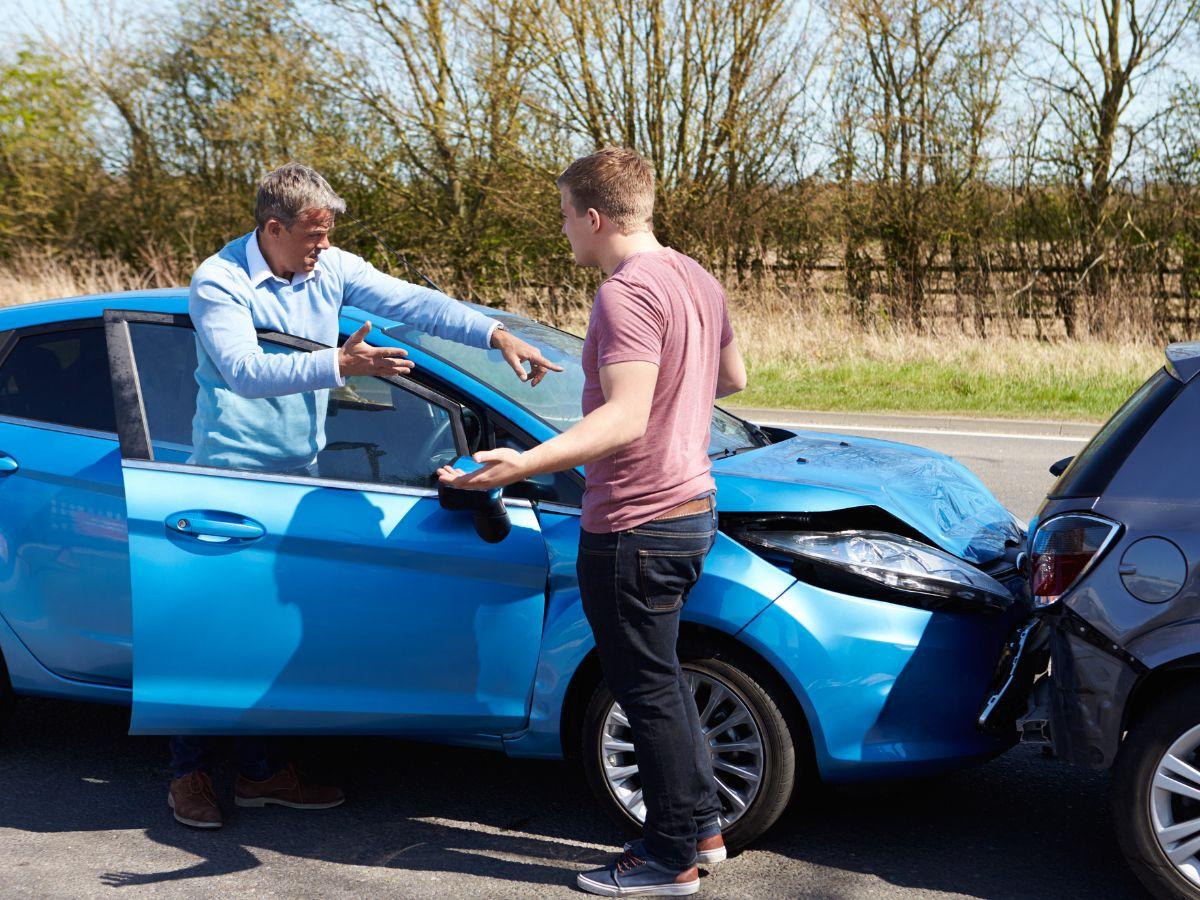How Weather Conditions Impact Car Accident Cases
Key Takeaways: Weather Influences Liability: Adverse weather conditions like heavy rain, icy roads, and fog significantly impact driving safety and...
Key Takeaways:
In today’s connected world, your social media activity can significantly impact every aspect of your life, including your car accident claim and the scrutiny it receives from insurance companies and legal representatives who may review your social media profile for evidence.
At Cotto Law Group in Duluth, GA, our dedicated team understands the nuances of social media posts and how they can influence negotiations with insurance companies and legal proceedings after an auto accident, especially considering their potential for public access and scrutiny.
Below, we will explore how social media posts, from Facebook check-ins to casual comments, can be scrutinized by insurance adjusters and defense attorneys, potentially affecting your personal injury claim.
Table Of Contents
Social media has transformed into a powerful evidence source in car accident lawsuits.
When auto accident victims share details about their daily lives on social platforms like Facebook, Instagram, or Twitter, these posts can become compelling evidence in courtrooms or negotiations.
Whether it’s a photo at a social gathering, a comment about your health, or a check-in at a location, defense attorneys and insurance investigators scrutinize each piece of your social media content, looking for contradictions to your claim for damages.
What exactly constitutes social media evidence? Everything, basically.
It includes any posts, pictures, statuses, or interactions on social media platforms.
Anything that can be used to question the severity of your injuries or your account of the accident.
Insurance adjusters are particularly vigilant about social media accounts in the aftermath of an accident.
They watch for any physical activity or enjoyment of life that might contradict claims of severe injuries or loss of enjoyment.
These digital footprints are then used as evidence against plaintiffs, potentially undermining their accident claims.
Understanding this dynamic is crucial for anyone involved in an accident, as seemingly innocent online activity can have unintended legal consequences.
Ensuring your social media presence reflects the reality of your situation is critical to maintaining the integrity of your legal claim.
Your best bet is to avoid social media as much as possible.

Insurance companies use social media as a strategic tool to evaluate and challenge personal injury claims.
Insurance adjusters and investigators closely scrutinize social media accounts, searching for any posts, photos, or interactions that might suggest an auto accident victim's injuries are less severe than claimed.
These online platforms provide insights into claimants' daily activities and physical capabilities, which can be pivotal in auto accident cases.
For instance, a photo of you playing basketball or attending a social event seemingly unharmed can be used by insurance companies to argue that your injuries are not debilitating.
Even seemingly innocent comments or tagged photos from friends can serve as evidence suggesting a quicker recovery than reported.
These social media posts can be interpreted as contradictory evidence, leading to reduced compensation or denial of the claim altogether.
Posts detailing the accident or admitting partial fault, even indirectly, can also be detrimental.
Insurance adjusters are keen on identifying any admissions of guilt or contradictory statements that can be used to shift liability or influence the outcome of accident compensation laws.
Navigating social media sites during legal proceedings requires careful consideration for those involved in personal injury lawsuits.
Managing your online platforms with great attention to detail is crucial to protect your claim for maximum compensation.
Here are some best practices for maintaining your social media accounts while your accident claim is pending:
Adhering to these guidelines can help ensure your social media presence does not negatively impact your accident claim.
Being prudent with your online activity is key to securing fair compensation for your injuries.

Managing your social media presence carefully is vital to safeguarding your personal injury claim.
Avoid posting updates or comments that might be misconstrued by insurance companies or used as evidence in legal disputes.
Our law firm recommends discussing your social media strategy with your attorney to ensure it aligns with your overall legal plan, particularly regarding how it may affect factors such as medical expenses and other aspects of your case.
For comprehensive support and guidance tailored to your specific circumstances, click below to contact the personal injury lawyers from Cotto Law Group.
Our dedicated accident attorneys are here to ensure you receive the fair compensation you deserve.

Key Takeaways: Weather Influences Liability: Adverse weather conditions like heavy rain, icy roads, and fog significantly impact driving safety and...

Key Takeaways: Understanding Insurance Laws: Familiarize yourself with the insurance laws of the state where the accident occurred, as differences...

Key Takeaways: Claim vs. Lawsuit: Insurance claims are generally quicker and cover immediate damages through your provider, while lawsuits can...